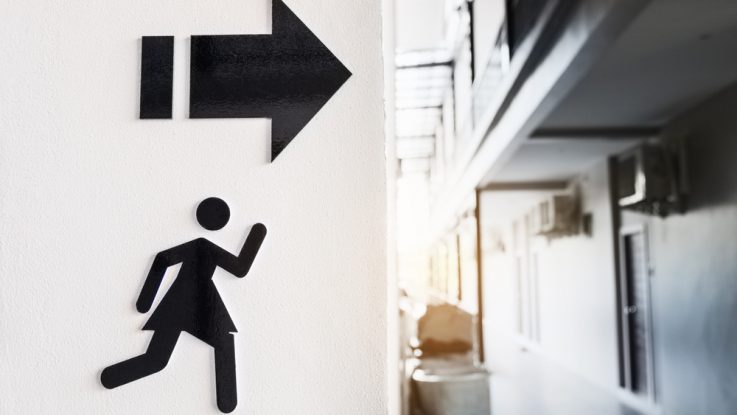The Sweet Spot for Smart City Startups: Social Solutions People Will Pay For
Source: Smart Cities Connect | Chelsea Collier | April 24, 2019
At its most basic expression, smart cities are ultimately about using connected technology to solve problems. And as the world urbanizes and more people pour into cities, municipalities are dealing with more than their share.
Entrepreneurs, attracted by the potential to create companies while also addressing real-world challenges are hitting the streets. While some startups seek to sell to municipalities, others are going direct to the end user.
Selling direct to consumer is a challenging endeavor. Successful companies must ensure they are solving a human need and that people are willing to pay for the value they receive. Much of the innovation surfacing in cities revolves around access. Today, most of that activity is concentrated with demographics who are willing to purchase convenience (meal kit/food delivery services, mobile-enabled scooters, etc.). As anyone rushing around a city can see, this space becomes quickly crowded and commoditized.
But one startup found a way to increase address the one human need that connects us all, regardless of socioeconomic status, gender, age or geographic location: at some point we all have to GO. Yes, we’re talking about disrupting access to the restroom.
Enter Good2Go, which uses Internet of Things (IoT) technology to increase access to restroom facilities in busy cities in attempts to enable customers with a predictable, modern experience. In the words of Founder & CEO, Fran Heller, “we are connecting people to the physical spaces they want and need everyday.”
Here’s how it works: users download the Good2Go app and instantly see where Good2Go enabled facilities are located throughout the city. (The company has partnerships with retailers such as Chevron, Whole Foods, Peet’s Coffee and others.) When needed, access to the restroom is controlled through a virtual queue in the user’s mobile device which is seamless, hands-free with no need to ask or return a key. The in-room experience is consistent no matter the retailer with baby-changing stations and hands-free flush, water and soap dispensers. There is no need to touch a door handle, even when leaving. Users can rate the conditions and provide feedback to the retailer, just as they would an Uber or Lyft ride. Restrooms are all gender, wheelchair accessible and ADA compliant.
This technology has been a game changer for visitors who are often caught off guard in unfamiliar territory and also by those who navigate the city all day long and often overpay for access (think of salespeople, delivery personnel, ride share drivers). At $0.99 per use, Good2Go is more affordable than a $4 coffee purchased just to gain entry to use the restroom and with less downtime and friction waiting in line, etc. And it turns out that retailers are pretty thrilled with the experience as well; they receive data and metrics on when and how often their restrooms are used, when they need servicing and what supplies are required. In fact 75 percent of Good2Go’s base are not existing customers for their retail partners, which delivers a new digital customer.
The company is for-profit with a pay-per-access model even though their charge is to “address restroom access challenges for everyone.” To meet the needs of vulnerable populations, they partner and share proceeds with Lava Mae, an organization that provides shower and toilet services for people experiencing homelessness.
Good2Go has 15 locations in San Francisco with plans for an additional 50+ (in more cities, too), thanks to industry partnerships that may include retailers and large volume events (athletics, festivals, markets) or parks and open areas where public infrastructure is strained or non-existent. Other development efforts include a mobility-as-a-service model. For the 2020 Olympics, they will partner with Toyota’s e-Palette, to pursue a showcase of their mobile unit converted to an autonomous vehicle. If you can’t find a restroom, one will come to you.
Opportunities and challenges are proliferating in the smart cities arena. As the market expands, more innovative solutions will emerge. Those, like Good2Go, that are solving real and immediate needs may be embraced more naturally than others that are a “solution looking for a problem”.

